Posts categorized Aid Effectiveness & Management
Page 3

Aligning Challenges and Goals in Nairobi: AMP Workshop 2018
Global significance is often given to the concept of a ‘development expert.’ However, we believe that the best experts are often our partners and clients themselves, who truly understand challenges on the ground, know what works, and know what doesn’t. Through our biennial Aid Management Program (AMP) Good Practices Workshop, we are able to tap into this rich knowledge base, bringing together the experts working on the AMP within each country government.
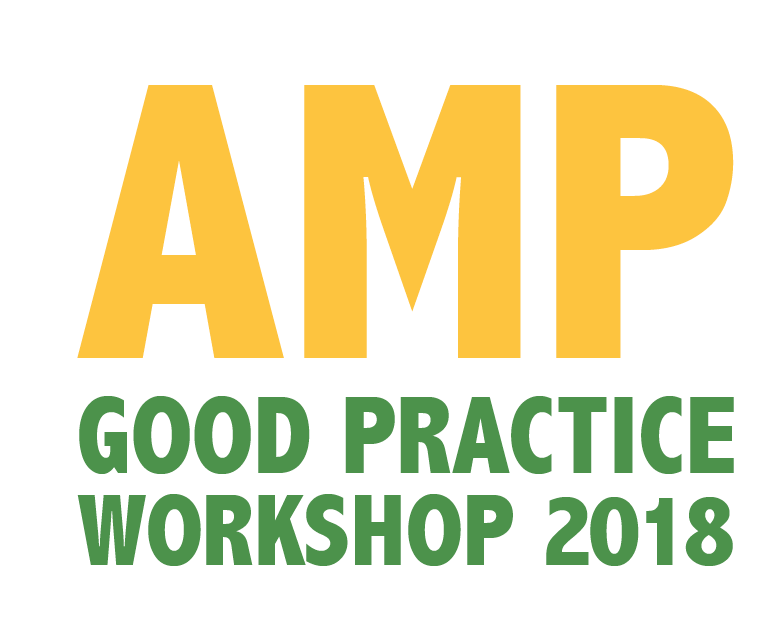
2018 AMP Workshop: How to Simplify and Beautify your Processes
The 2018 Aid Management Program Good Practices Workshop kicks off today in Nairobi, Kenya. We’re looking forward to facilitating open discussion, collaboration, and learning from the 7 country governments and many different types of AMP users that have gathered at the Workshop. This week, we hope to facilitate collaboration across countries, and to gain insight from your shared experiences.
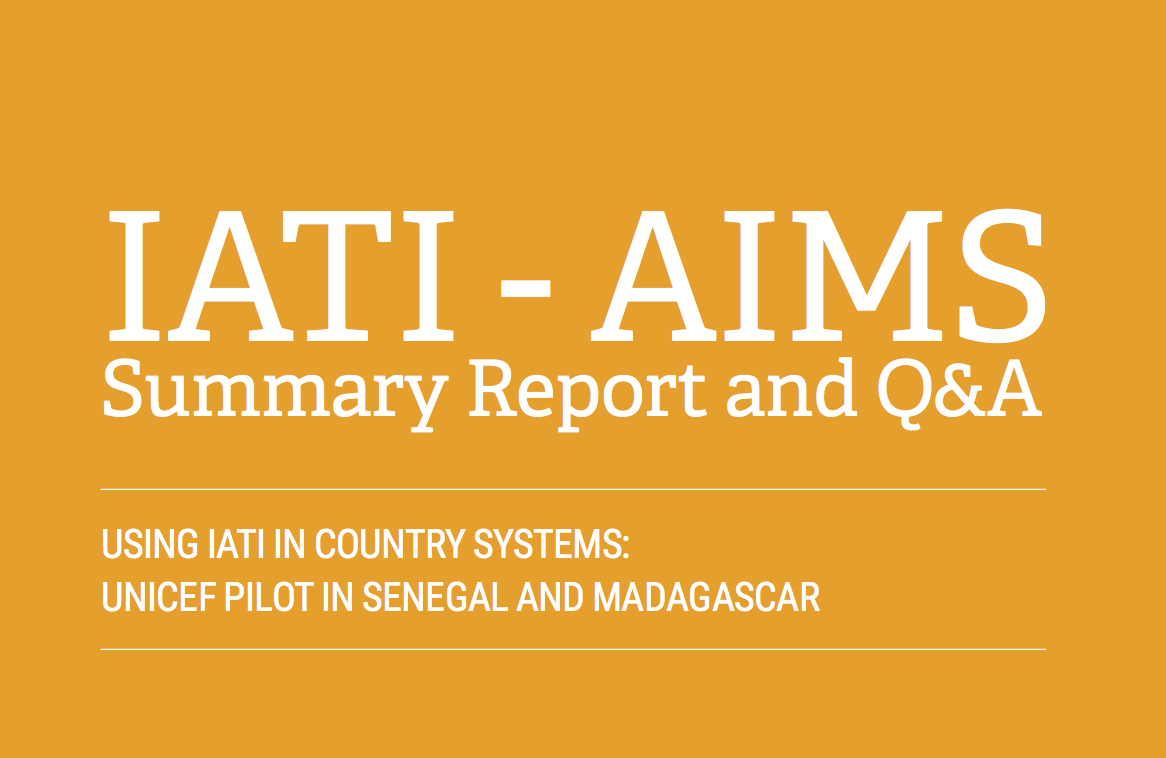
Did We Make the “Publish Once” Dream a Reality?
One of the central hopes of the IATI initiative was to “make the publish once dream a reality.” We’ve recently concluded work with UNICEF and Development Initiatives, seeking to help UNICEF achieve this dream, and publish their IATI data to country level systems. So did we do it? Did we make the dream a reality?

AMPing Up Nutrition: Tools Converge to Better Track Nutrition Financing Data
To effectively address nutrition funding shortfalls and develop country-specific investment goals, countries and partners must be able to monitor how much funding is available for nutrition activities. This is a critical step in the nutrition financial tracking cycle (Figure 1), which also includes costing and expenditure tracking. To address this growing need, USAID’s multi-sectoral nutrition

On the Origin of Sources: Free Software and the Food Chain
Though many species use primitive “tools” to complete basic tasks, very few creatures aside from humans craft tools with future use in mind. Unlike many software development organizations, DG prioritizes free and open-source software (FOSS). Today, we present an overview of how we built a new FOSS script that has benefited internal IT management behind the new tools.

Promoting Data Use within Changing Environments in Haiti
Eight years after the devastating earthquake, Haiti is in a unique position as it transitions from being the recipient of post-disaster humanitarian aid to pursuing stable, sustainable development. With this in mind, how can we make geocoded data easier to collect, analyze, and use as part of decision-making processes in the country?
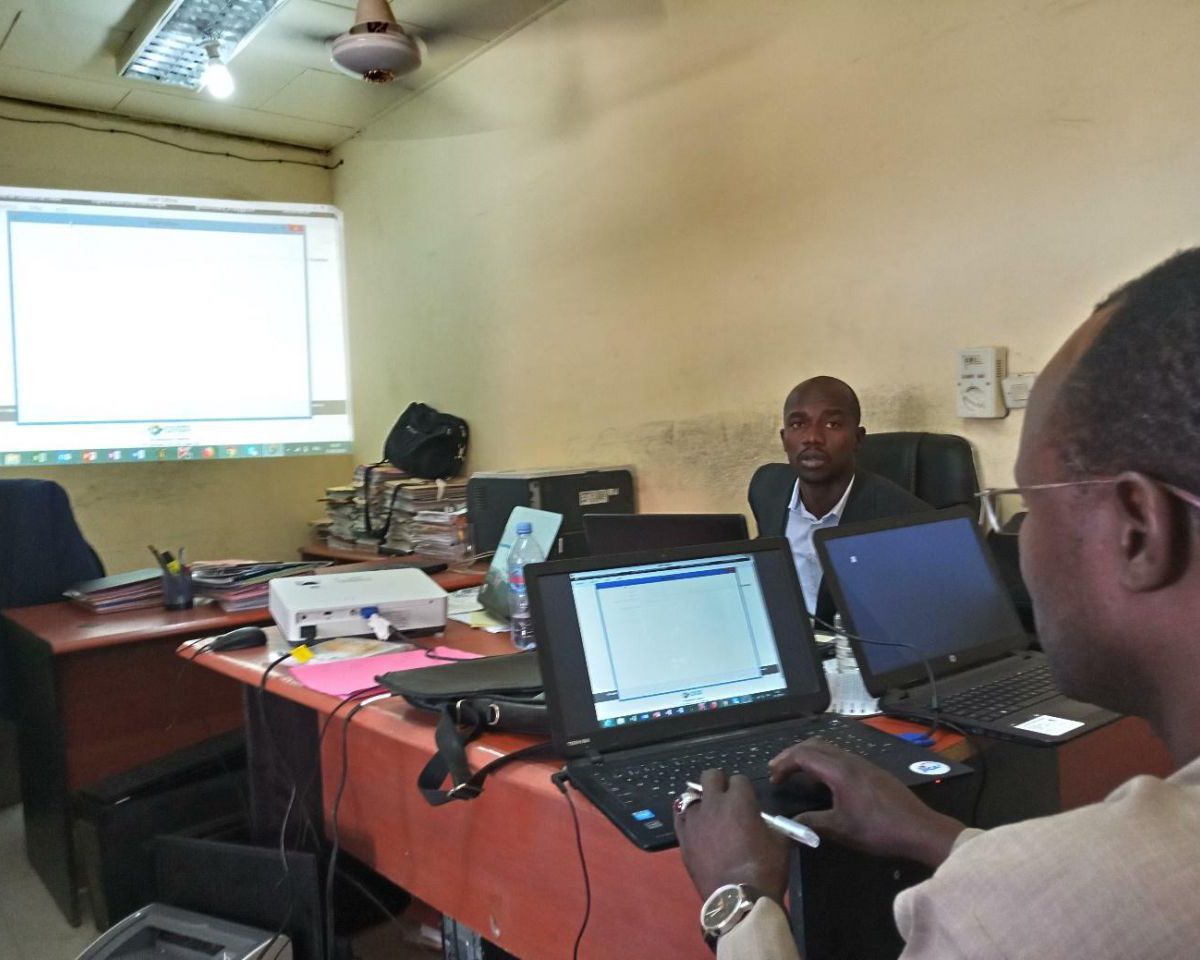
Chad’s Study Visit to Côte d’Ivoire: A Tale of Cross-Country Knowledge Sharing // Tchad fait une visite d’étude en Côte d’Ivoire: une histoire de partage de connaissances entre deux pays
When was the last time you received an email, or sent one yourself, along the lines of, “I’d love to grab coffee to ‘pick your brain’ about where and how you’ve found success!” Was it last month, or maybe even last week? Unstructured knowledge sharing is a common, expected practice for professionals in any field.

Conceptualizing Self-Sufficiency for Aid Recipient Countries
Individual countries and large international organizations provide aid to low- and middle-income countries for a host of reasons, including to encourage economic growth, to support regional political stability, to expand market access and humanitarian purposes.
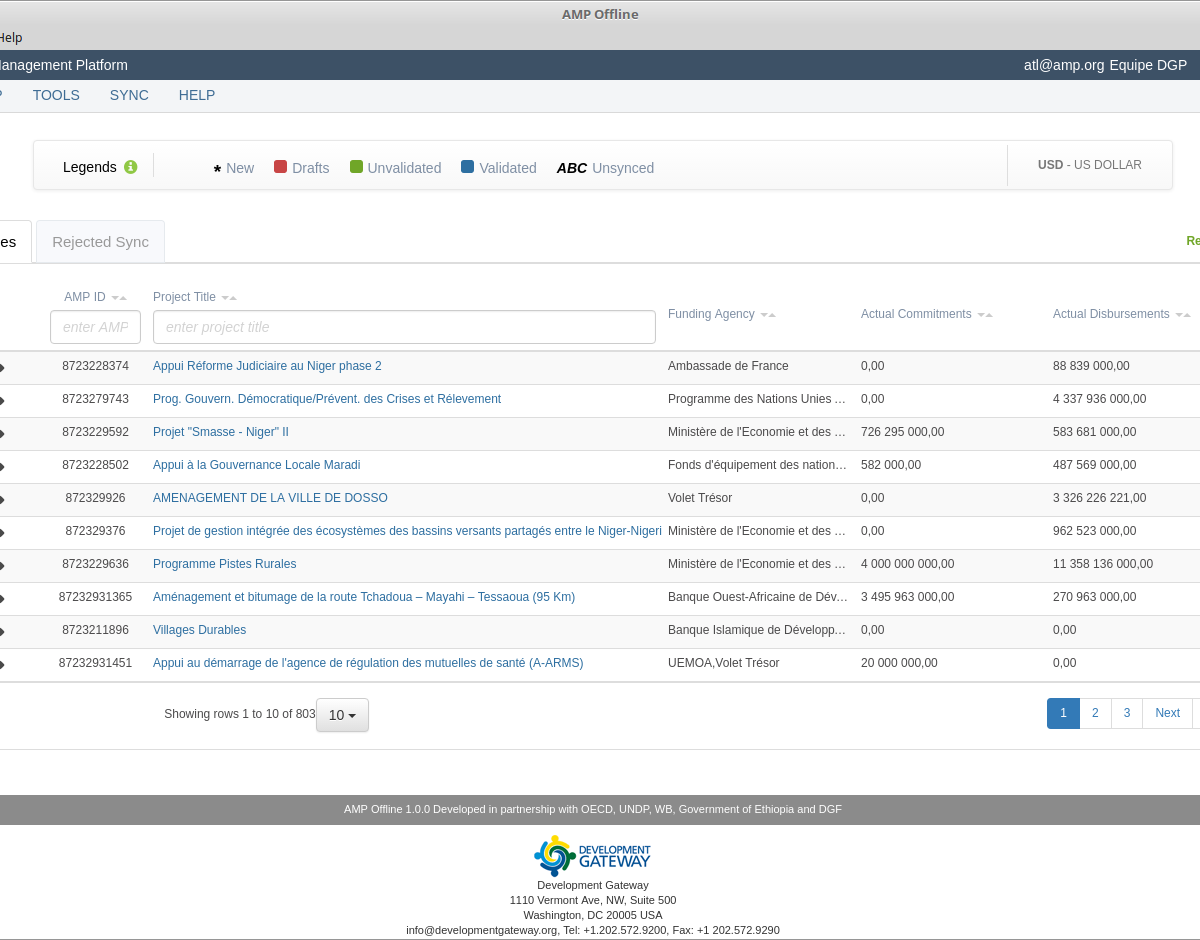
AMP Offline 1.0 Press Release: Syncing Data for Success
Development Gateway is pleased to announce the release of AMP Offline 1.0 – an offline client application for our flagship Aid Management Platform, available for all clients with AMP 3.0. AMP has a strong record of independent country ownership, and the Offline tool will further enable progress towards full AMP usability and sustainability. In continuing
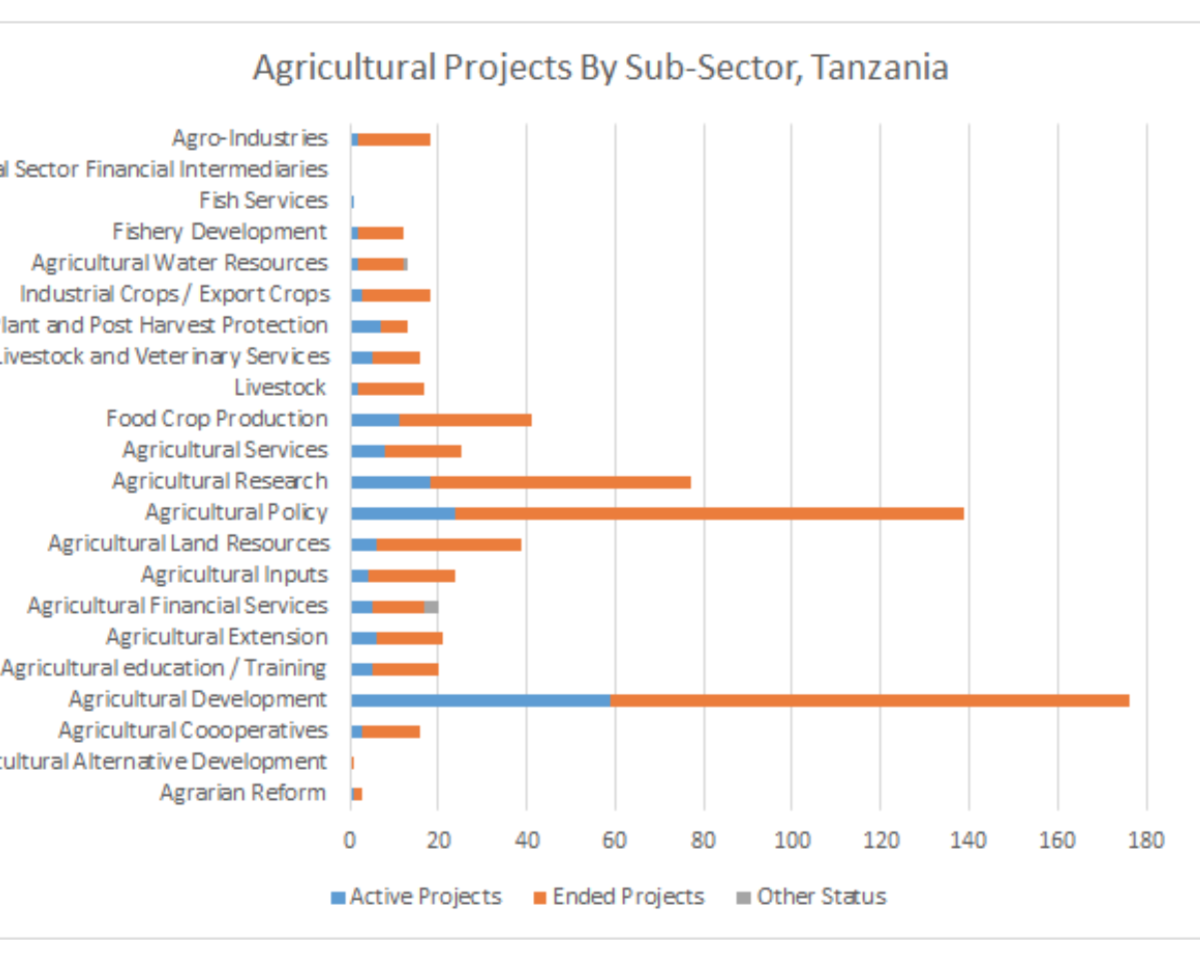
IATI Data for the Future: Success, Progress, and Challenges
Last week, we shared experiences from the process of conducting Data Use Pilots along with our partners, Publish What You Fund. Today, we’re sharing further takeaways from using the International Aid Transparency Initiative (IATI) in conducting the Pilots, with a focus on results and issues we encountered throughout the process. Our last post discussed that IATI